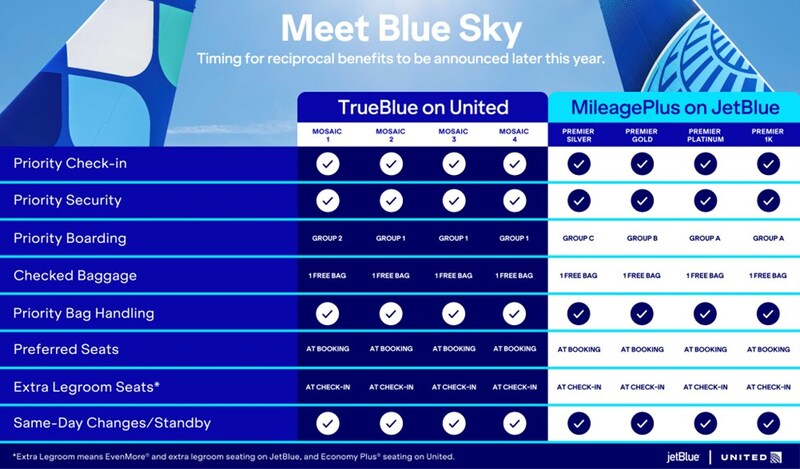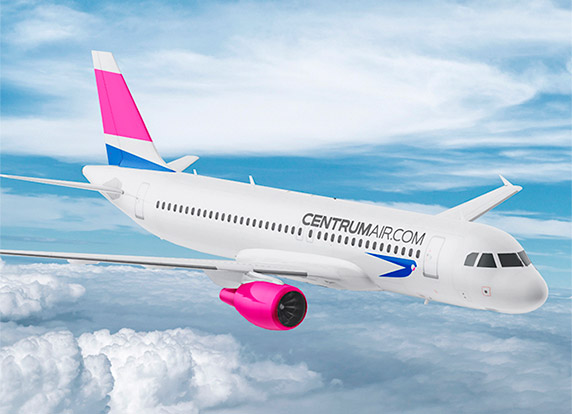The European Union Aviation Safety Agency (EASA) has issued a new Safety Information Bulletin (SIB) to highlight the growing risks posed by lithium batteries carried by passengers on commercial flights. The bulletin comes in response to an increasing number of safety incidents involving these batteries, particularly in portable electronic devices (PEDs) such as smartphones, laptops, power tools, and drones.
This updated SIB consolidates previous guidance and urges airlines, operators, and ground handling services to reinforce communication with passengers about restrictions on lithium battery transport. It also reminds airlines of the mandatory training requirements for staff regarding dangerous goods and battery-related emergencies.
Key Safety Risks
Lithium batteries can overheat, catch fire, or release toxic smoke if they malfunction, are physically damaged, short-circuited, or exposed to heat. Devices such as e-cigarettes, power banks, and self-balancing scooters are considered particularly hazardous.
New Passenger Communication Guidelines
EASA outlines several key recommendations:
E-cigarettes and power banks must not be placed in checked baggage. They should be carried on the person or in carry-on bags, and charging e-cigarettes is strictly forbidden.
Power banks should not be used to charge other devices during the flight. PEDs must only be charged using onboard power supplies and must be monitored by the passenger at all times.
When not in use, PEDs should be protected from damage and accidental activation.
Spare batteries (including power banks) must be protected from short-circuits, such as by covering terminals or using original packaging, and stored away from flammable items like perfume.
Batteries exceeding 100 Wh require airline approval to carry (up to 160 Wh maximum).
Passengers should be warned that devices can be damaged or short-circuited by being caught in seat mechanisms.
Focus on Training and Awareness
The bulletin emphasizes the need to train cabin crews and ground staff to handle incidents involving lithium batteries, including responding to overheating or fires in flight. Airlines are urged to include this safety information in booking confirmations, at check-in, during boarding, and through onboard announcements.









